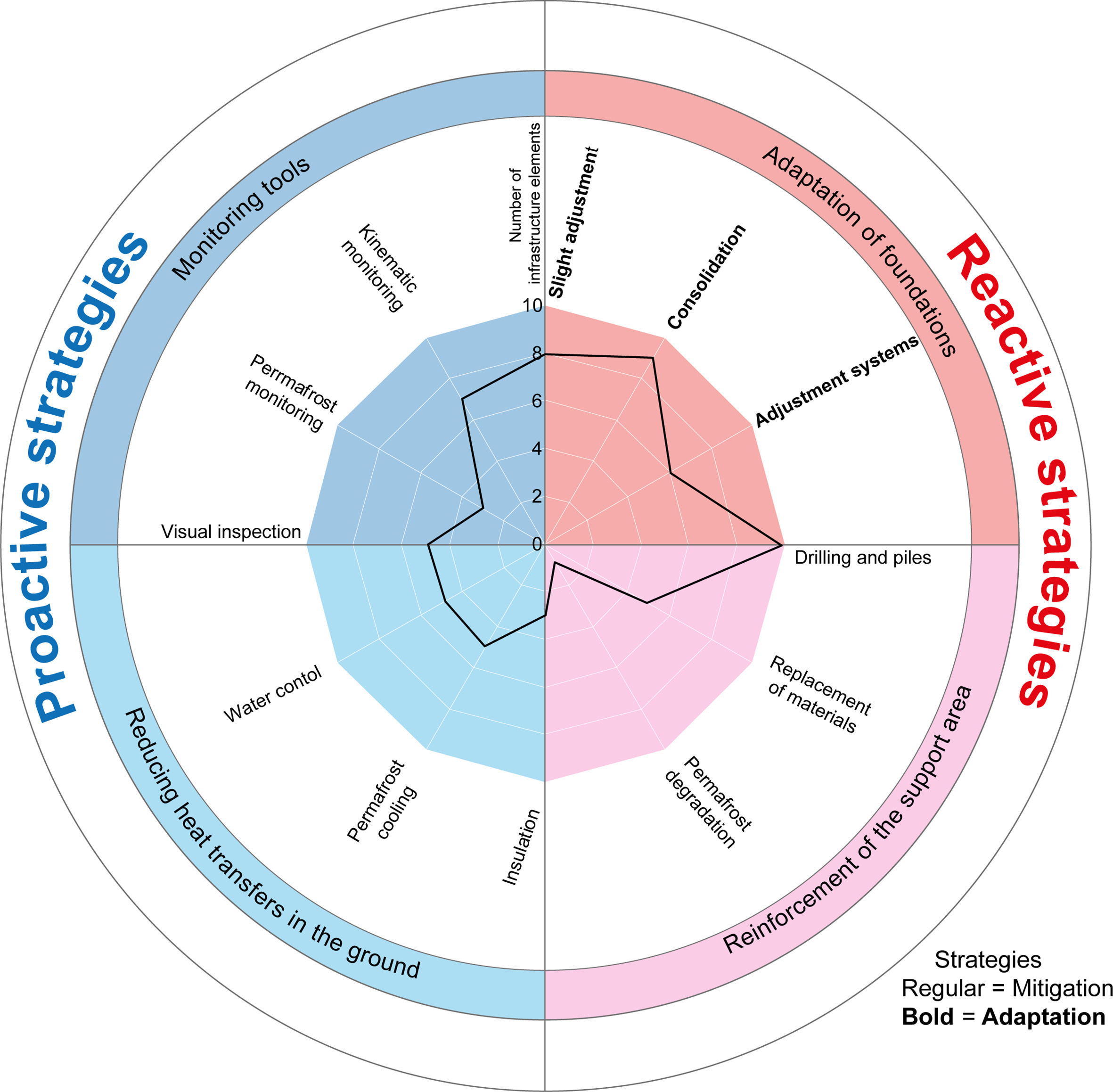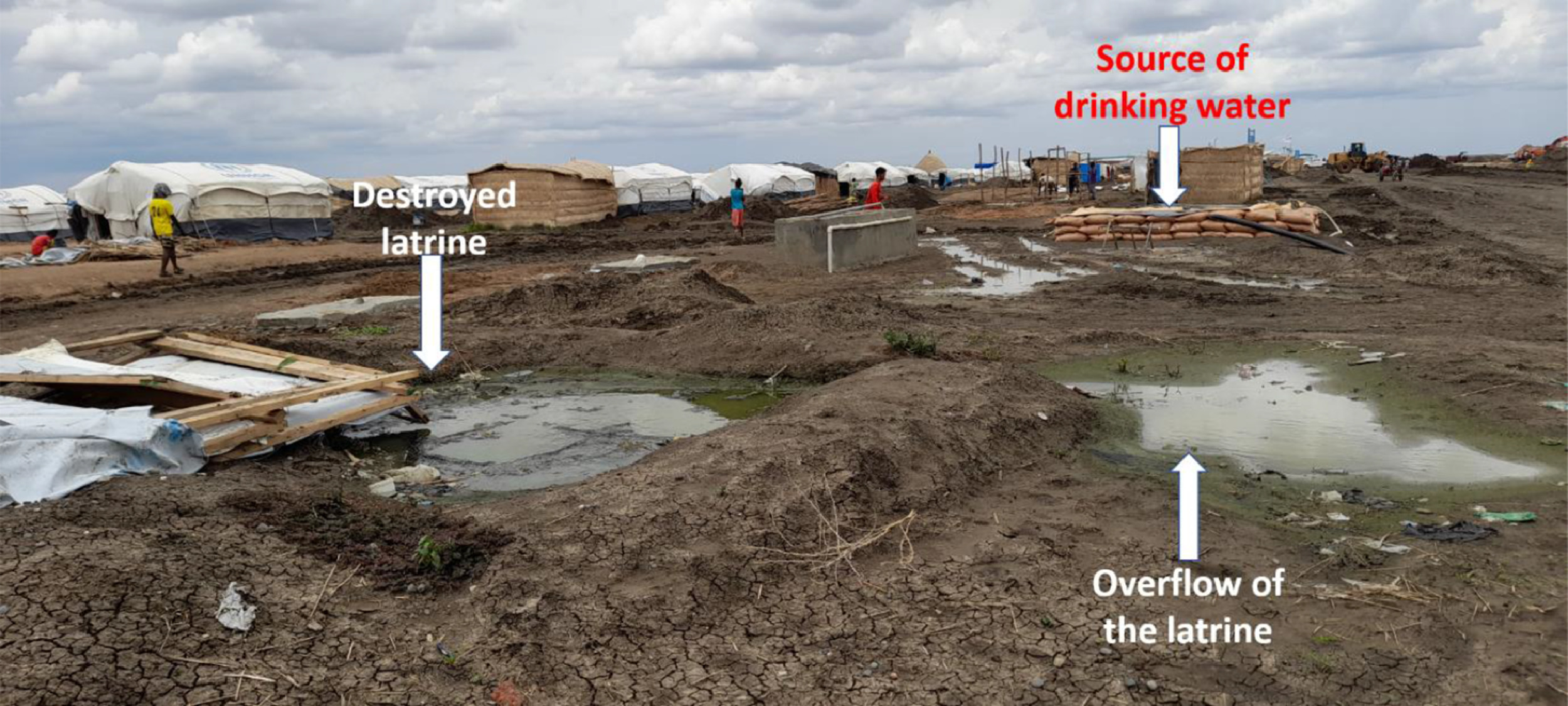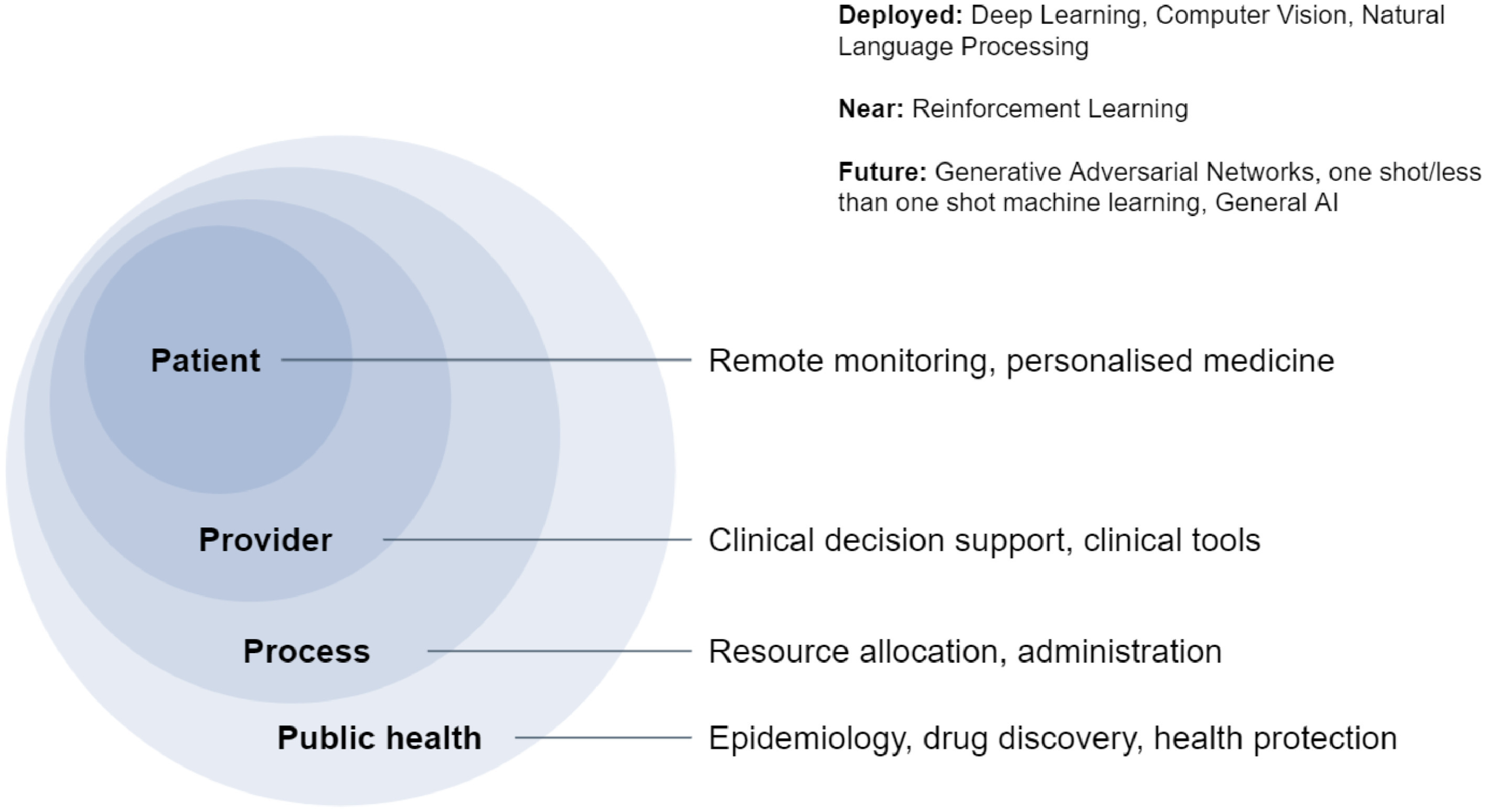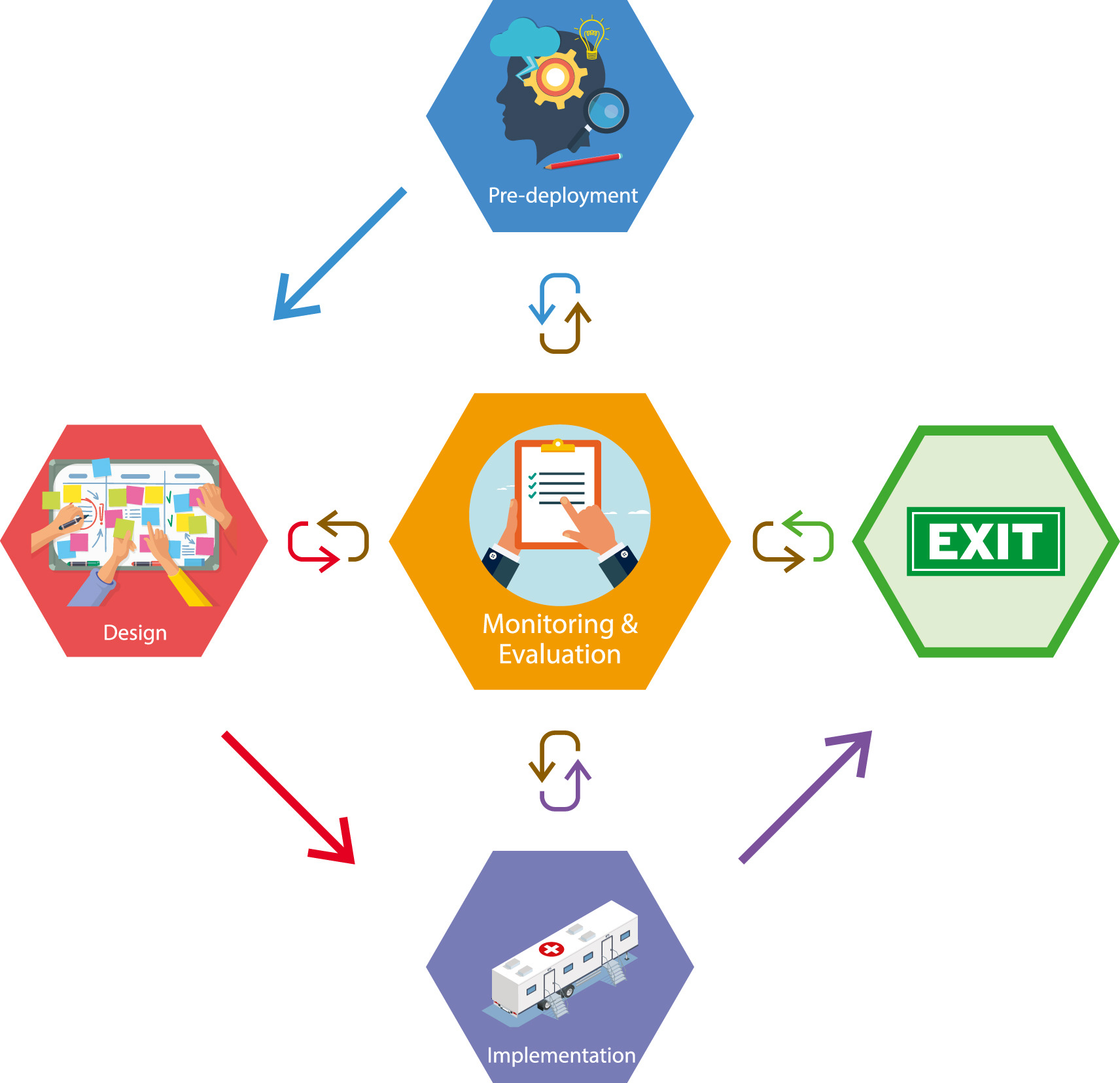Habitat International, Volume 115, September 2021
Tracking progress toward the Sustainable Development Goals (SDGs) requires monitoring of various social-ecological indicators over space and time, including the ratio of land consumption rate to population growth rate (LCRPGR), an indicator of land-use efficiency (SDG 11.3.1). In this study, we analyzed state-of-the-art Earth observation data (1975–2015) to address three key questions. First, how has the LCRPGR varied over space and time? Second, how is built-up expansion related to population increase across regions?
Cold Regions Science and Technology, Volume 189, September 2021
Applications in Energy and Combustion Science, Volume 7, September 2021
The Journal of Climate Change and Health, Volume 4, 2021, 100058





